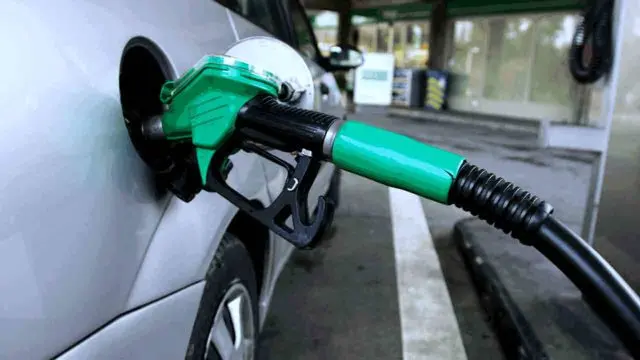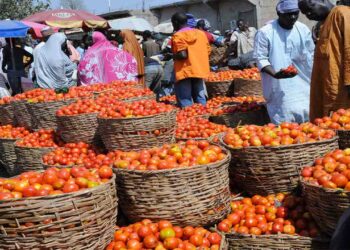The landing cost of Premium Motor Spirit (PMS), commonly known as petrol, has surged to an alarming average of N1,009 per liter, marking a significant increase from N720 per liter recorded in October 2023.
This calculation, based on the prevailing exchange rate of N1,500 per dollar, underscores the escalating challenges facing the fuel sector.
While this figure remains unconfirmed independently, Billy Gillis-Harry, President of the Petroleum Products Retail Outlets Owners Association of Nigeria (PETROAN), has cautioned against complete reliance on these calculations. Gillis-Harry pointed out that additional costs such as insurance, port charges, and vessel hiring expenses could dispute these figures.
Reports indicate that Nigeria is currently burdened with a monthly subsidy of about N907.5 billion on petrol, with the actual cost of a liter of fuel reaching N1,203 due to the country’s foreign exchange crisis. This signals a potential return to the subsidy regime.
However, an insider at the Nigerian National Petroleum Company Limited (NNPCL) refuted these claims, asserting that subsidy has been abolished.
The source clarified that the company, mandated by the Petroleum Industry Act (PIA), prioritizes ensuring energy security for the nation.
Mele Kyari, Group CEO of NNPC Limited, previously disclosed that Nigeria was spending over N400 billion monthly on petrol subsidy.
Yet, investigations reveal a surge in the landing cost of petrol, primarily attributed to the escalating exchange rate.
Dr. Muda Yusuf, CEO of the Center for the Promotion of Private Enterprises (CPPE), highlighted the impact of currency depreciation on subsidy savings.
He emphasized that the rising importation cost of fuel, coupled with inflationary pressures, has exacerbated the subsidy burden.
Despite challenges, Yusuf suggested that a complete reversal to full subsidy is unlikely, given the government’s commitment to reform the energy sector.
The government’s objective, he noted, is to eventually exit the subsidy regime, although this transition will require time due to prevailing economic weaknesses.
The International Monetary Fund (IMF) recently raised concerns about the alleged resumption of subsidies on petrol by the Nigerian government.
However, the government has affirmed its dedication to reforms aimed at achieving long-term energy security and economic prosperity.
In response to the evolving landscape, the Petroleum Products Retail Outlets Owners Association of Nigeria (PETROAN) advocated for the exploration and utilization of the country’s vast gas reserves as a viable solution to the prevailing challenges in the fuel sector.





